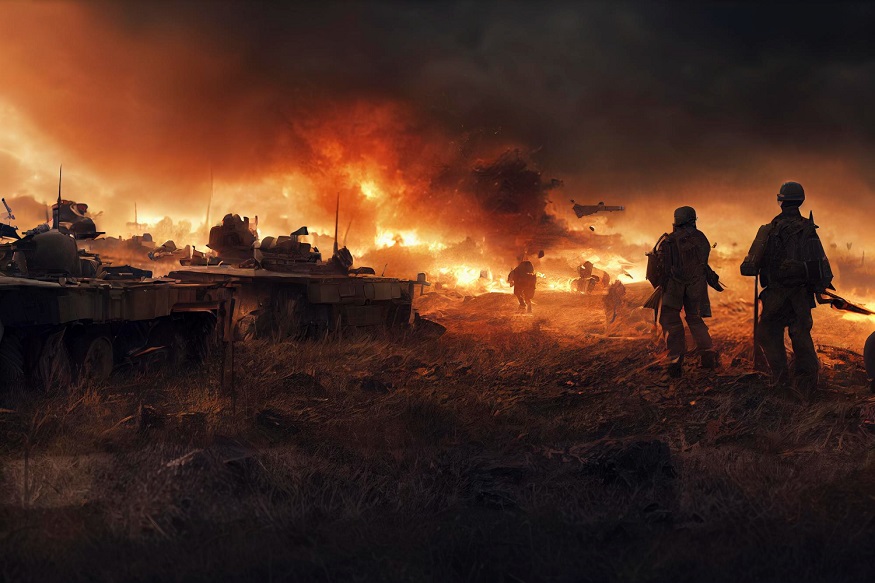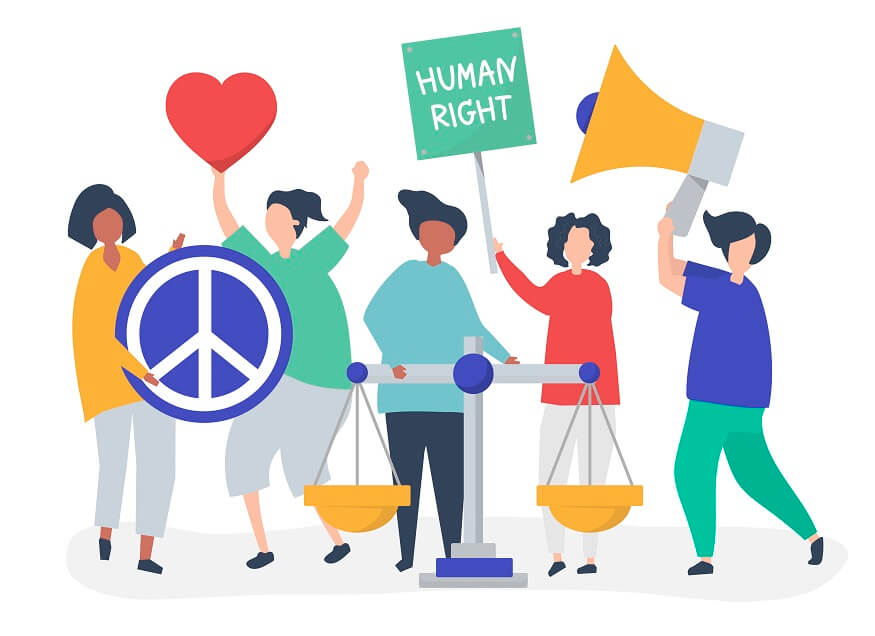One of the fiercest wars in the history of the world, World War I (also known as The Great War, the First World War or WW1) was fought between 28 July 1914 to 11 November 1918. This four-year-long war was fought between two groups of countries called the Allies and the Central Powers.
The major members of the Central Powers were Germany, Austria-Hungary, the Ottoman Empire, and Bulgaria.
The Allies comprised France, Serbia, Russia, Britain, and the United States. The war was fought throughout Europe, the Middle East, Africa, the Pacific, and parts of Asia.
Also Read: 10 interesting ways to learn history
The build-up to this war could be traced to events as early as the 1890s. Following are some of the reasons popularly believed to have led to this war.
- Expansionist Germany. Wilhelm II, the new emperor of Germany, in 1890 formulated an international policy that gave rise to Germany’s international expansion regime. This policy and the actions that followed destabilised the world order, especially in Europe.
- Defense Alliances. Countries in Europe started forming defence alliances. As per these alliances, if one of the member countries was attacked, the other members were bound to come to the defence of the member country under attack. The two biggest rival groups that took shape were:
- The Triple Alliance of 1892, between Germany, Austria-Hungary, and Italy
- Triple Entente of 1907, was between Britain, France, and Russia
- Colonial Disputes. In a bid to dominate the mineral-rich African and Asian continents, many of these European countries were developing rivalries due to their conflicting colonial interests. These skirmishes, though seemingly insignificant, contributed significantly to the build-up to the great war.
- Arms Race. By 1914, the arms race between these European powers was at its peak. Countries such as Germany and Britain had engaged in rampant militarism which pushed these countries to war.
- The nationalistic struggles between the Slavik population in Bosnia and Herzegovina, and their struggles to not be part of Austria-Hungary but instead join Serbia was one of the key triggers that led to World War I.
While these events led to the build-up to the war, the First World War was triggered on 28 June 1914, when a Bosnian Serb Gavrilo Princip, assassinated Archduke Franz Ferdinand, heir to the Austro-Hungarian throne. Gavrilo Princip believed that Bosnia should be controlled by Serbia and not Austria. Austria-Hungary held Serbia responsible for the killing of its leader and declared war on Serbia on 28 July 1914.
Also Read: How key rivers like the Nile and Indus contributed to the development of ancient societies
Russia joined the war in Serbia’s defence, as they were in a defence alliance. Germany declared war on Russia because of their alliance with Austria-Hungary. Within a week, by the 4th of August, Germany, France, and Britain were drawn into the war, again because of their respective defence alliances. The Ottoman Empire too joined the war in November, of the same year. The war expanded its footprint as more nations such as Bulgaria, Romania, Greece, and Italy joined between 1915 and 1917. The United States too joined the Allies in 1917.
The war was fought on two prominent fronts, the Eastern Front and the Western Front. Germany confronted Britain, France, and later the United States on the Eastern Front while on the Western Front, the Russians fought against the Germans and Austro-Hungarians. The two events that changed the course of the war in 1917 were the United States joining the Allies and Russia making a peace treaty following the Russian Revolution. Finally a weakened Germany because of its war retreats, the German revolution and the dethroning of Wilhelm II brought about the end of the war and a peace armistice was signed on November 11, 1918.
World War 1 officially ended with the signing of the Treaty of Versailles on June 28, 1919. Various other treaties were signed in the aftermath of the war. Some of the key territorial and military outcomes of these treaties were:
- Germany and its allies were blamed for the war and were forced to pay war reparations to the Allies to account for the loss and damages suffered by the Allies.
- Germany lost all its colonies to the victors
- France regained the territories of Alsace and Lorraine
- German navy was drastically limited
- Formation of a brand-new country – Yugoslavia
Consequences of World War 1
The aftermath of World War 1 not only shaped the 20th century but remoulded the world order for centuries to come. Some of the key consequences of World War 1 were:
- Countries such as Germany and Britain took a huge economic hit as they spent the majority of their money on the war. Countries had to print more money which led to rampant inflation.
- The war brought an end to the four prominent monarchies in Russia, Germany, Austria and the Ottoman Empire. The Czar Nicholas II of Russia, Kaiser Wilhelm of Germany, Emperor Charles of Austria and the sultan of the Ottoman Empire had to step down in the aftermath of the war. New countries were formed. Austria-Hungary was broken into several independent states. Russia and Germany had to give away land to Poland. Countries in the Middle East came under the control of Britain and France. The remains of the Ottoman Empire came to be known as Turkey.
Also Read: Why is it Important to Study Ancient Civilisation – Benefits
World War 1 had a significant impact on society
- Millions of young men died, resulting in a decline in birth rates. Women were widowed, children were orphaned, and properties were destroyed.
- Thousands had to leave their homes and flee to alien states and countries displacing a large chunk of civilization and leading to the formation of refugee or displaced populations.
- Women started to exert more power in society. Their participation in the workforce increased. They started receiving equitable rights, including the right to vote, post the war.
- The upper-class elite and royalty domination also took a hit post the war with young middle and lower-class citizens starting to assert their rights and place in the society, including governance and formation of their countries.










